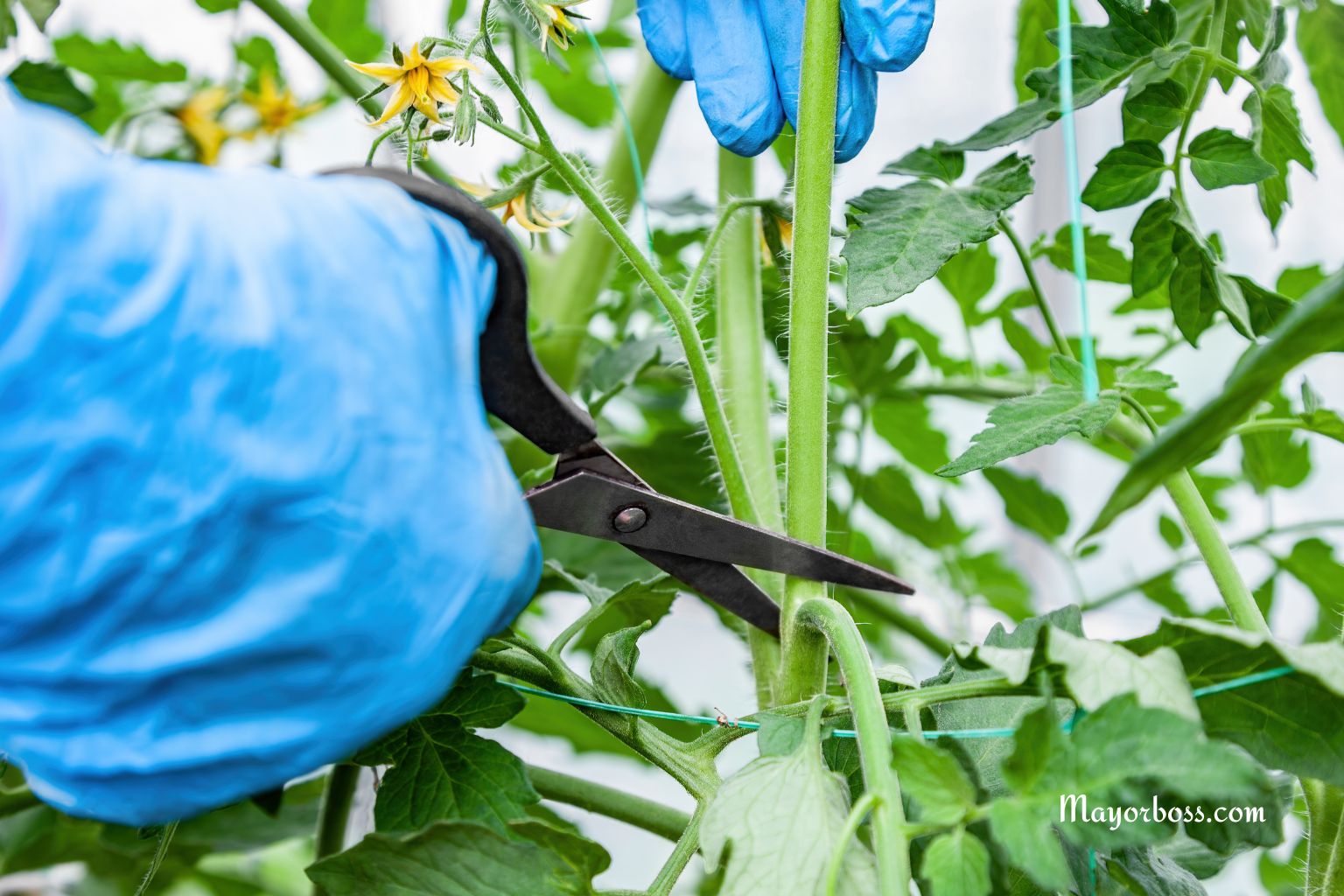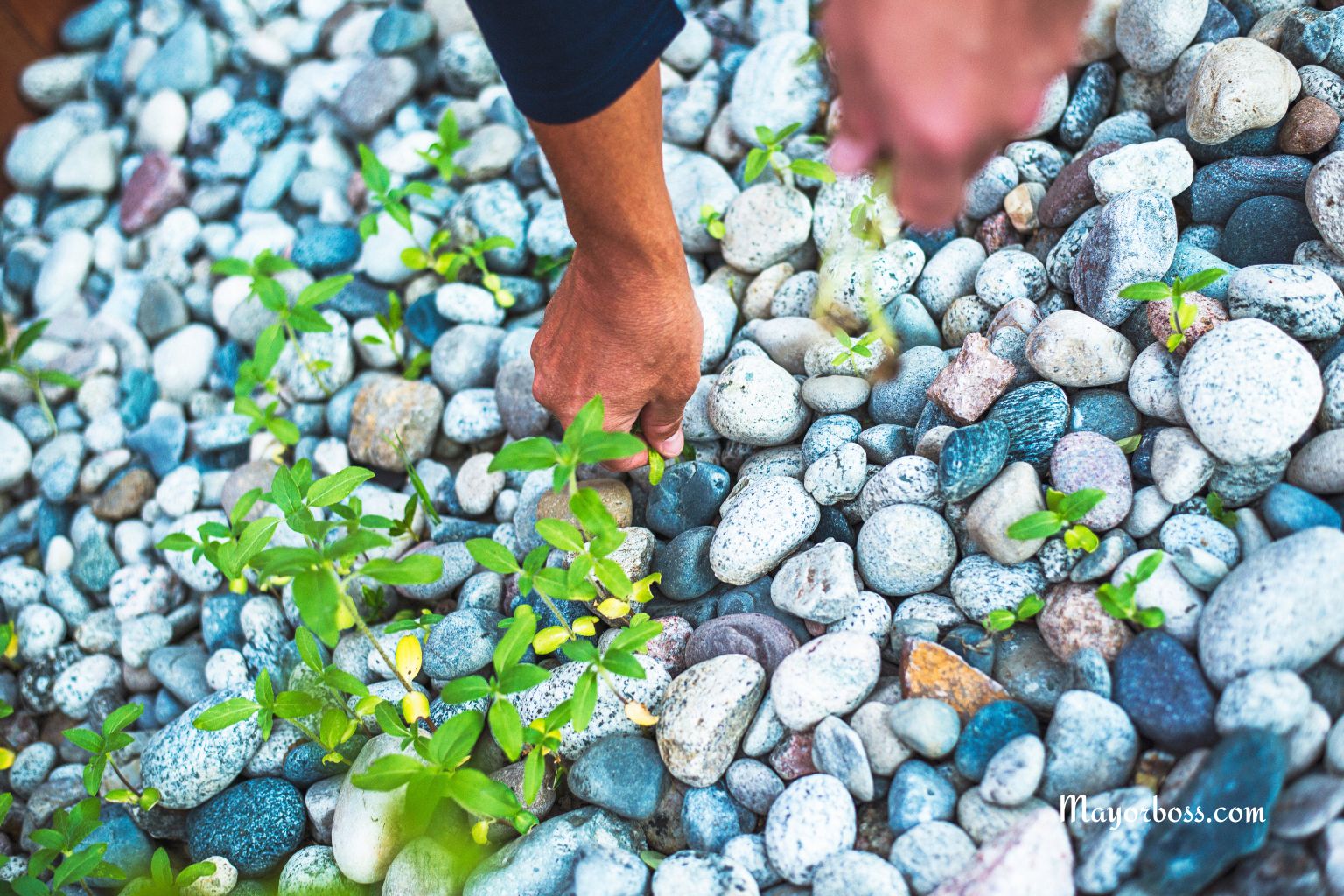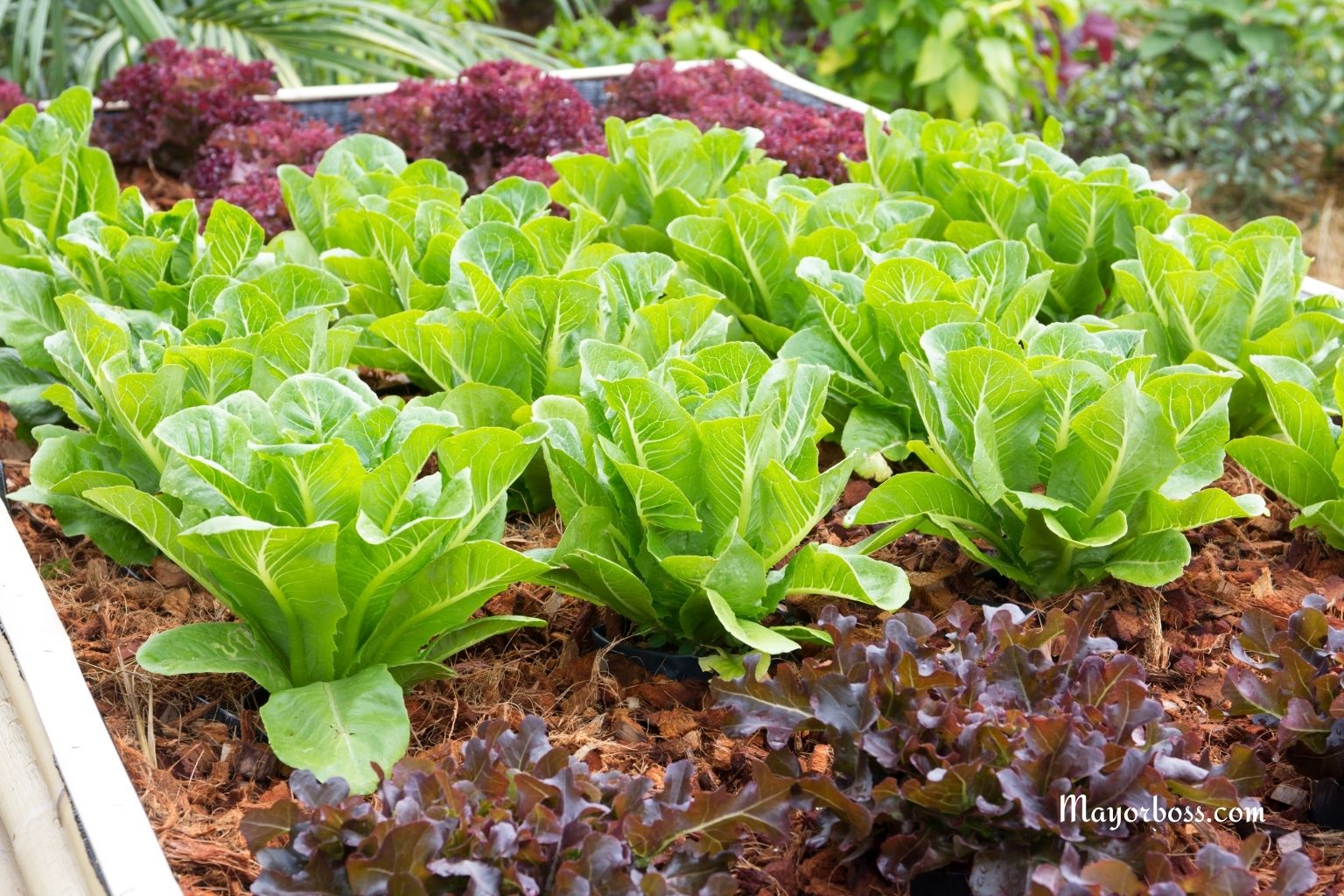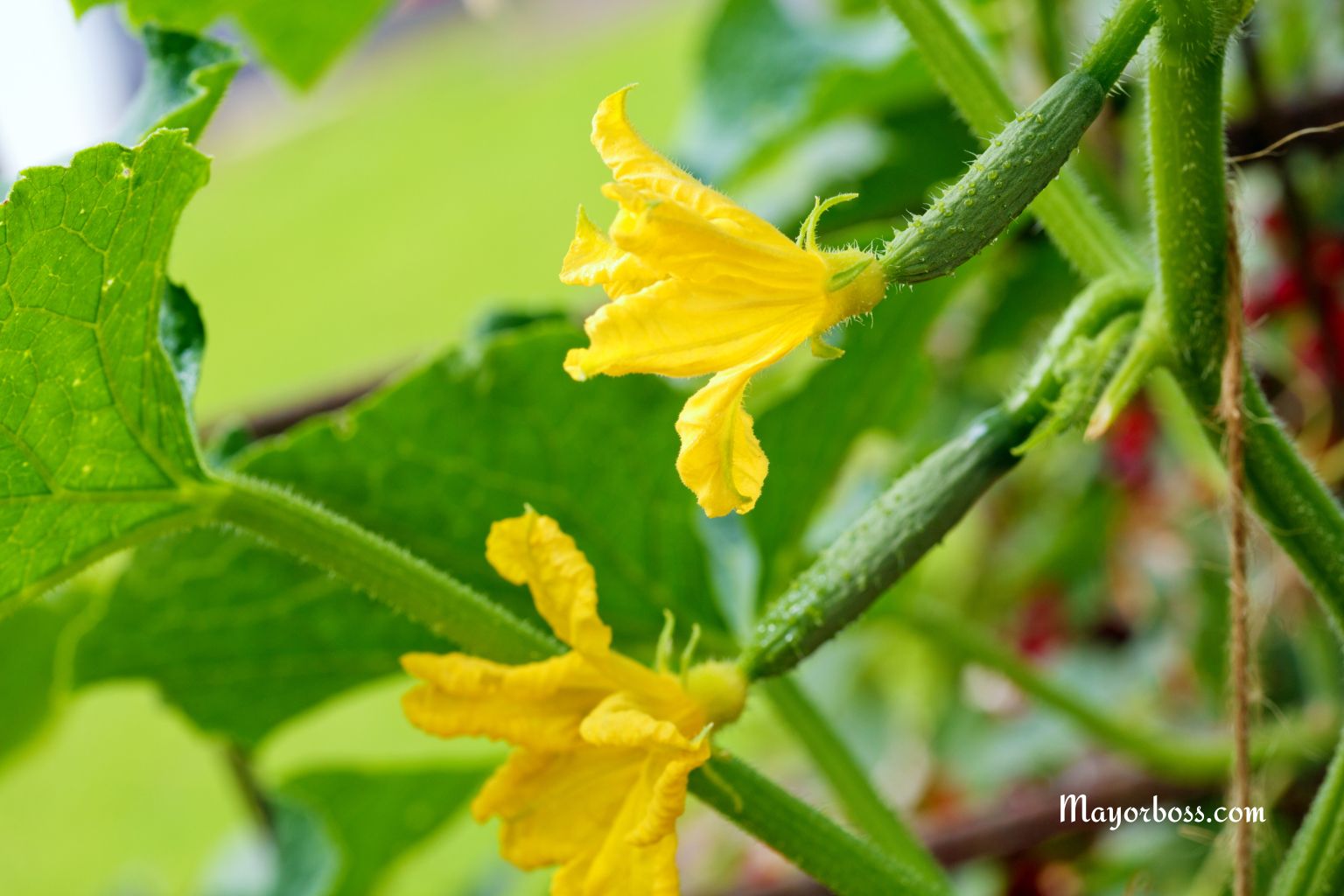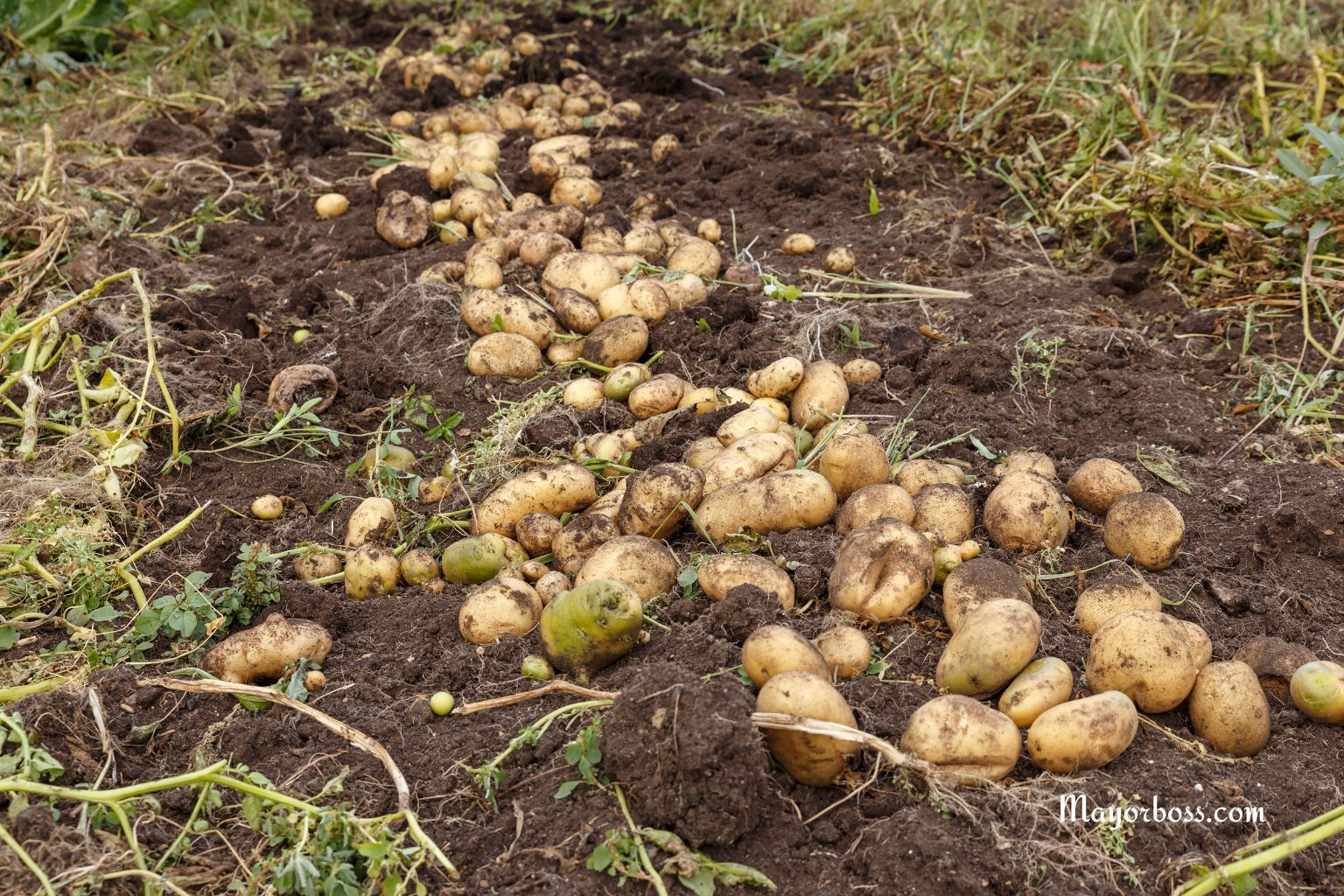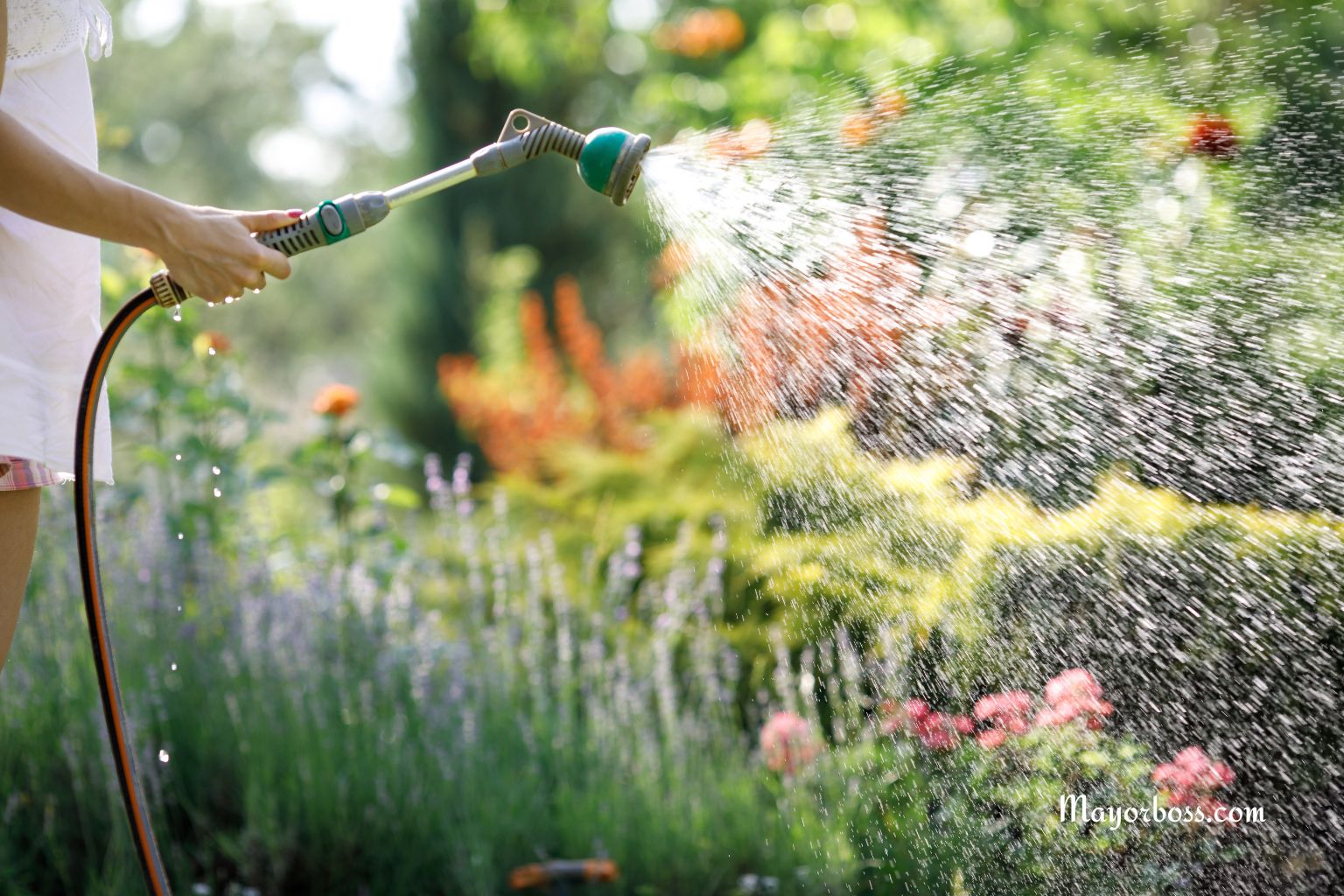5 Weed Killers You Should Never Use and Safer Alternatives That Work
If you care about your garden, you likely want quick solutions for weeds. But not every product on the shelf or advice online is safe. Some weed killers pose serious health risks and can cause long-lasting damage to your yard.
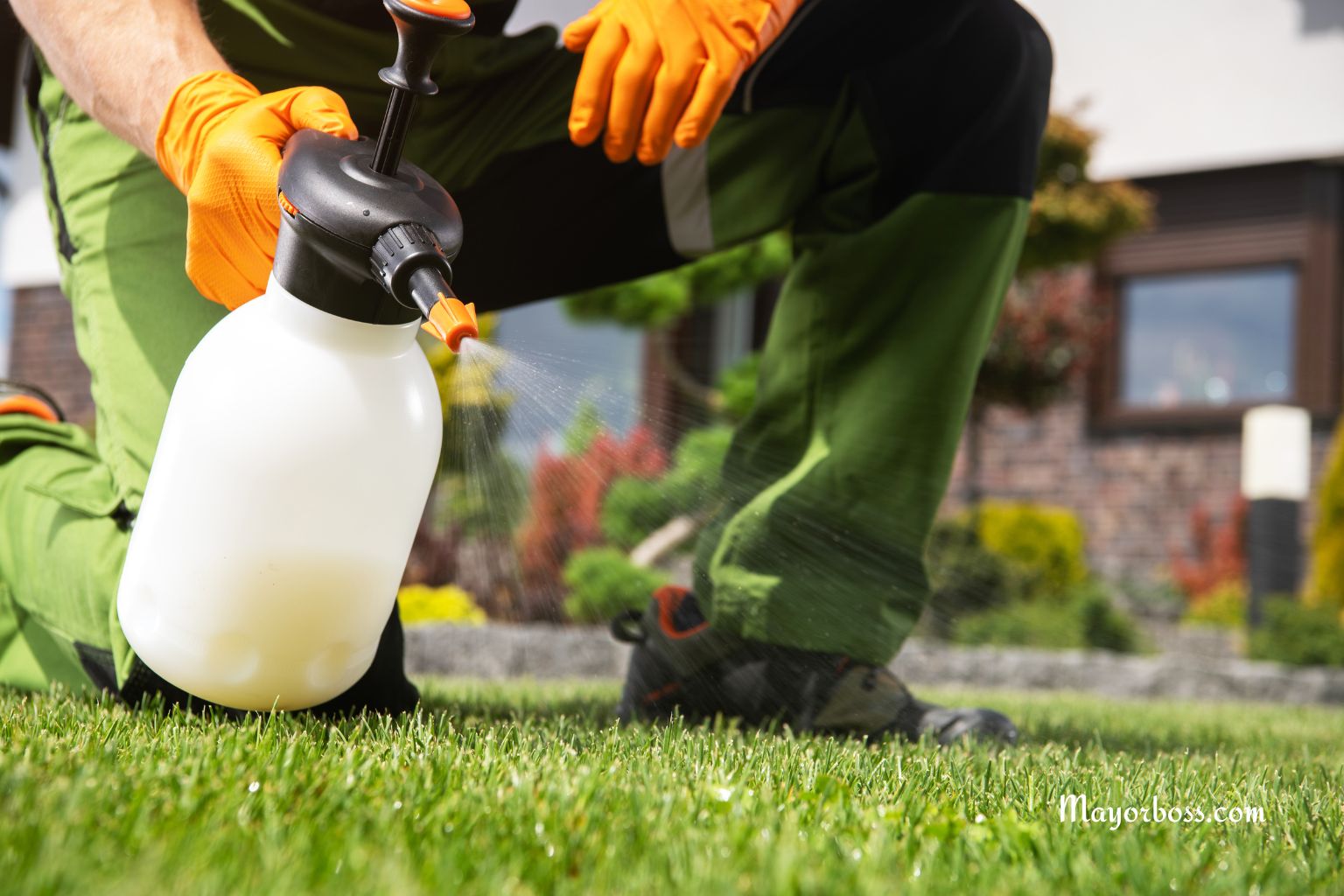
Choosing safer alternatives is about more than a nice lawn. It’s about protecting your family, pets, and the planet. Let’s look at which weed killers to avoid—and what to use instead.
1. Glyphosate-Based Products
Glyphosate is one of the most widely used herbicides worldwide. It’s popular because it works fast. However, emerging research suggests glyphosate may disrupt hormones and could increase cancer risk with repeated exposure. This chemical can linger in soil and water, and it harms helpful pollinators like bees.
Safer Alternative:
Vinegar-based weed killers offer a simple solution. Mix regular household vinegar with a small amount of dish soap. Spray directly on weeds, ideally in bright sun. This method works best for young weeds and breaks down quickly in the environment.
2. Paraquat
Paraquat is a powerful weed killer often used in agriculture, but it’s extremely toxic. Swallowing, breathing in, or absorbing even a tiny amount can cause severe lung, kidney, and liver damage. Many countries have banned paraquat because of these dangers, but it’s still available in some places.
Safer Alternative:
Use boiling water for weeds that grow in cracks and pathways. Pouring boiling water directly onto weeds causes them to wilt within hours. This leaves no toxic residue and is safe for the environment.
3. Sodium Chlorate
Sodium chlorate was once a common weed killer, but it’s dangerous to people, pets, and all plant life. It contaminates soil for years, making it hard to grow anything. It also poses risks if inhaled or touches skin, causing burns or breathing problems.
Safer Alternative:
Apply mulch to block weeds naturally. Spread a thick layer of straw, wood chips, or grass clippings around your plants. Mulch keeps sunlight from reaching weed seeds, making it harder for them to sprout, and improves soil as it breaks down.
4. Gasoline
You might hear advice online about using gasoline to burn out weeds. Please, never do this. Gasoline is extremely flammable and highly toxic. It can start fires, cause explosions, and leave lasting poison in your soil and water. Inhaling gasoline fumes or getting it on your skin can cause headaches, dizziness, or serious organ damage. It’s illegal to use gasoline as a weed killer in many areas, and it’s never safe.
Safer Alternative:
Hand weeding remains one of the most effective ways to keep your garden healthy, especially for vegetable patches and flower beds. Use a trowel or weeding fork to pull weeds out by the roots. While it takes effort, you avoid toxins and protect your soil for future growth.
5. 2,4-Dichlorophenoxyacetic Acid (2,4-D)
2,4-D is used in many lawn weed killers. Although it targets weeds, research has linked 2,4-D to hormonal changes, cancer, and nervous system problems. Children and pets are especially at risk after lawns have been sprayed.
Safer Alternative:
Corn gluten meal can prevent weed seeds from sprouting. Apply it in early spring before weeds emerge. Corn gluten meal is natural, safe for people and pets, and even feeds your lawn.
Why Switching to Safer Alternatives Is Important
When you use harmful weed killers, the risks aren’t always obvious right away. Chemicals can remain in your soil, drift through the air, or wash into nearby streams. Children and pets are often the first to be exposed, sometimes without you realizing it. Over time, these chemicals can build up and affect your family’s health and your local ecosystem.
Safer alternatives aren’t just about avoiding harm—they build a stronger, more resilient garden. You support pollinators, birds, and healthy soil for years to come.
Smart Weed Control Tips
- Remove weeds when they’re small, before they set seeds.
- Lay down mulch to stop sunlight from feeding new weeds.
- Keep your lawn thick and healthy to crowd out unwanted plants.
- Spot-treat weeds, rather than spraying your entire yard.
- Always read product labels and avoid anything with unclear ingredients.
When to Ask for Help
If weeds have taken over or you’re dealing with a large area, reach out to a certified landscaper or horticulturist. They can recommend safe, targeted approaches that fit your needs.
FAQs
1. Are natural weed killers safe for pets?
Yes, solutions like vinegar and boiling water are usually safe for pets after they’ve dried. Avoid using salt or any product not labeled pet-safe.
2. How often do I need to apply vinegar to control weeds?
Spray vinegar when weeds first appear. Stubborn weeds may need several treatments over a few days.
3. Does mulch attract pests?
Properly applied organic mulch rarely attracts pests. Keep mulch away from house foundations and refresh it regularly.
4. What should I do if a child or pet contacts a chemical weed killer?
Wash your skin with soap and water immediately. If any is swallowed or inhaled, seek medical care right away.
5. Is hand weeding practical for larger gardens?
Hand weeding works best for small areas. For bigger gardens, combine with mulch or safe pre-emergent options like corn gluten meal.

